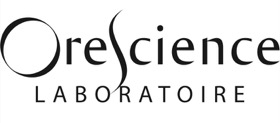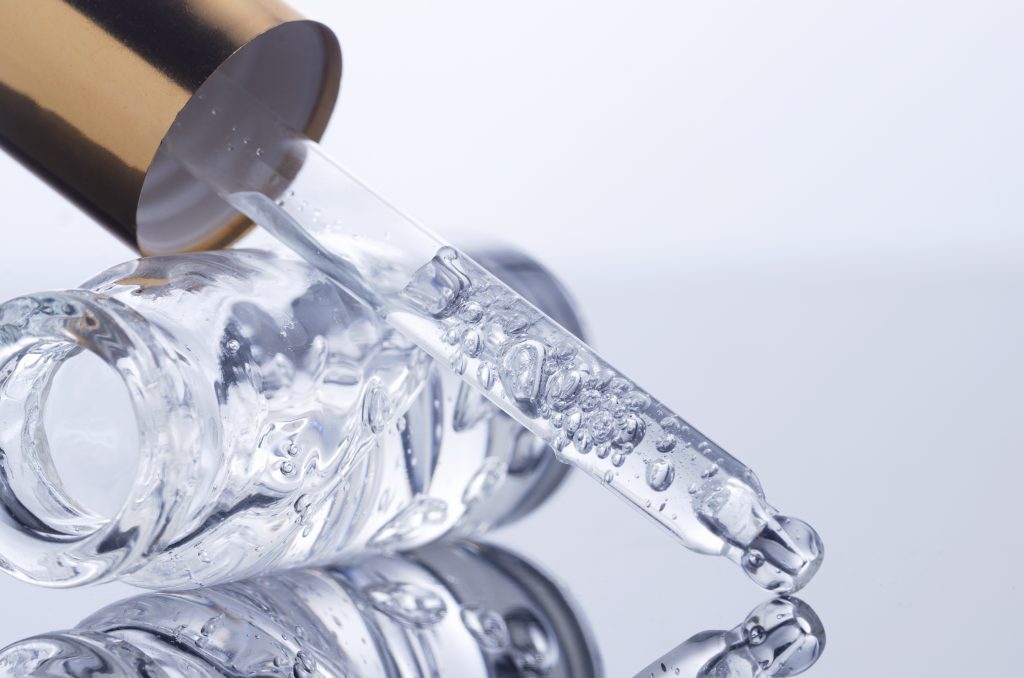Allantoin was first discovered in various natural sources at the end of the 18th century by Louis-Nicolas Vauquelin, a French pharmacist and chemist. Since then, this molecule has become a very popular ingredient in cosmetology. Laboratories specialising in cosmetic research and development have successfully adopted it to reduce skin irritation and improve skin sensitivity.
This nitrogenous chemical compound is found in many botanical extracts, including comfrey and horse chestnut. It is also present in more surprising sources such as the amniotic fluid of cows, the urine of calves and the mucus of snails, which use it to repair their damaged shells. Today, thanks to scientific advances, laboratories are able to synthesise this molecule in order to benefit from its exceptional virtues.
Widely recognised in the cosmetics industry for its regenerative and healing properties, it also offers soothing, moisturising and anti-inflammatory benefits. What’s more, allantoin plays an essential role in maintaining the skin’s hydrolipidic film, helping to make skin suppler, softer and ideal for relieving skin irritations.
Allantoin, properties and use
Allantoin offers a restorative, soothing and moisturizing action to effectively treat wounds, burns and irritating and inflammatory reactions. In addition, it promotes exfoliation by gently removing dead cells from the epidermis, thus reducing the thickness of the stratum corneum and leaving the skin incredibly soft.
Suitable for all skin types, especially sensitive, damaged, irritated, sun damaged, oily and blemish-prone skin. Allantoin can be incorporated into a variety of treatments such as creams, balms, repair or after-sun milks, shaving balms for men and facial treatments for irritated skin.
Allantoin and Acne Problems
Acne is a common skin problem that affects many people at different stages of their lives. Acne pimples, blackheads and blemishes can not only harm physical appearance, but also impact self-confidence.
By acting as a gentle exfoliator, allantoin helps slough off dead skin cells, unclogs clogged pores and thus reduces the formation of comedones, the main culprits of acne. Allantoin also promotes healing of the skin by stimulating collagen production and accelerating cell regeneration, which helps fade scars and marks left by acne. Thanks to its multiple actions, allantoin is an effective and powerful ally in treating acne problems and restoring the healthy appearance of the skin.
Allantoin and the scalp
A key ingredient in the formulation of hair products such as shampoos, conditioners and masks.
It acts as a soothing and anti-irritant agent, helping to relieve itching, redness and irritation of the scalp. In addition, this precious ingredient will prevent dryness and flaking, while promoting optimal hydration of the scalp. Allantoin also stimulates cell regeneration, thereby promoting healthy hair growth and strengthening hair follicles. Finally, its delicate action will eliminate impurities and dead cells from the scalp, thus creating an environment conducive to hair vitality.
Convinced by the benefits of allantoin?
Do you want to take advantage of the exceptional benefits of allantoin in your personalized cosmetic formulas?
Trust the expertise of the Orescience Laboratory and come and discover our catalog of private label formulas, as well as our tailor-made formulation possibilities in our research and development laboratory.
As professionals in the cosmetics industry and laboratory manufacturer, for more than 20 years, we are proud to offer high-performance formulas, incorporating quality ingredients and at the forefront of the trend, for visible and lasting results.
Are you looking for a cosmetic laboratory to design a new range of products in the image of your brand or create an innovative cosmetic formula?
Send us your specifications, and let’s buil together a unique offer for your brand.
 | Private Label | OEM | Skin Care | Slimming | Food Supplements | Hair Care Products | Perfume
| Private Label | OEM | Skin Care | Slimming | Food Supplements | Hair Care Products | Perfume







